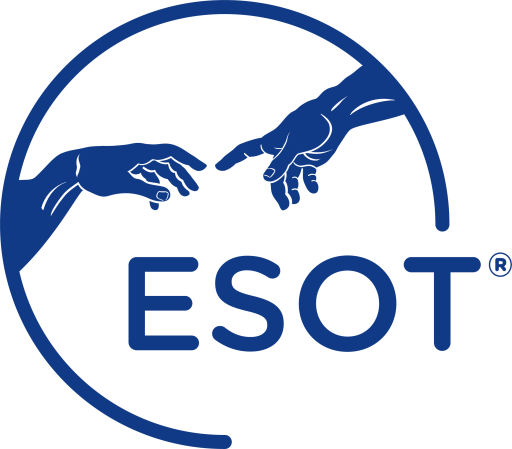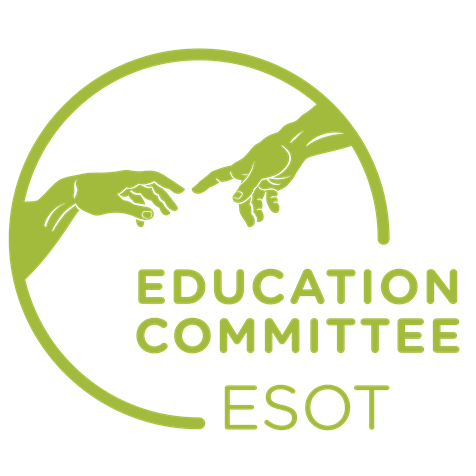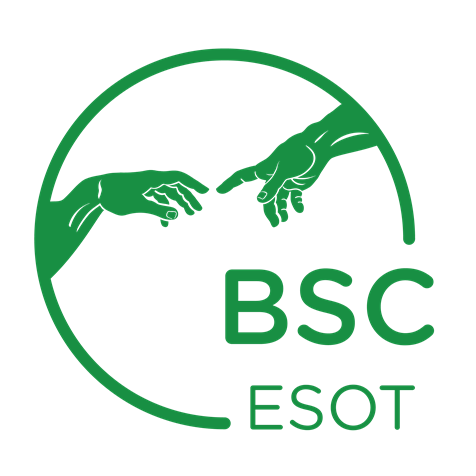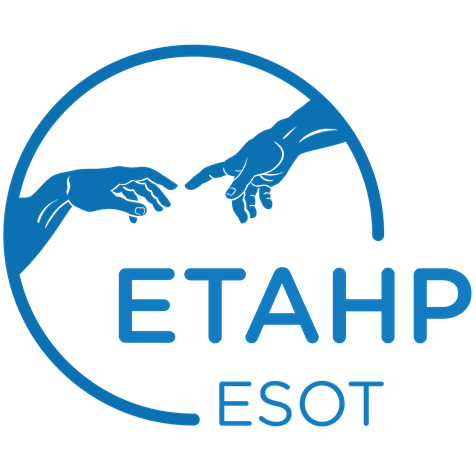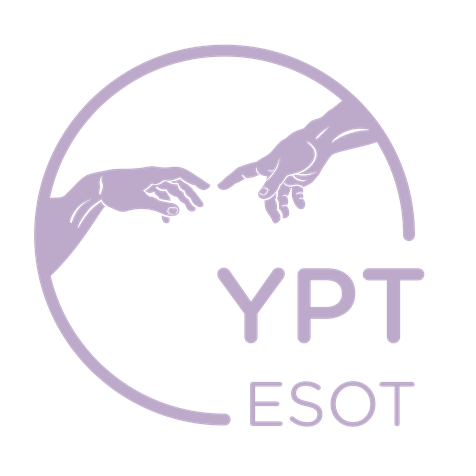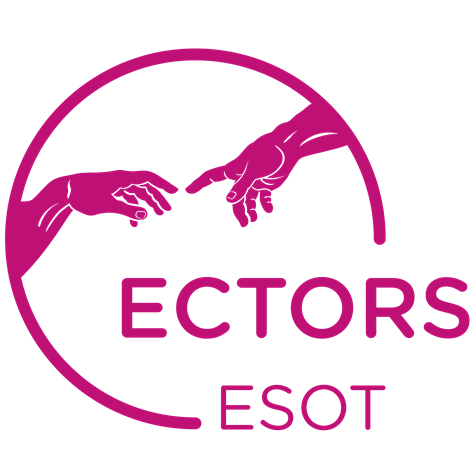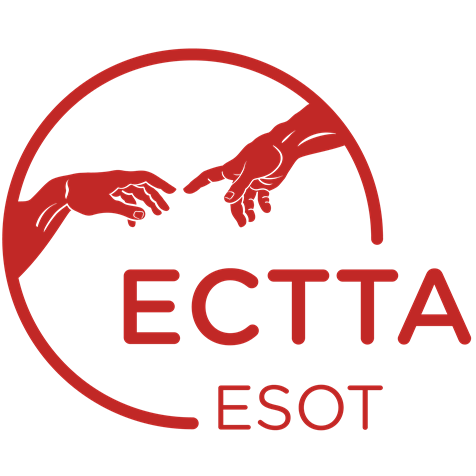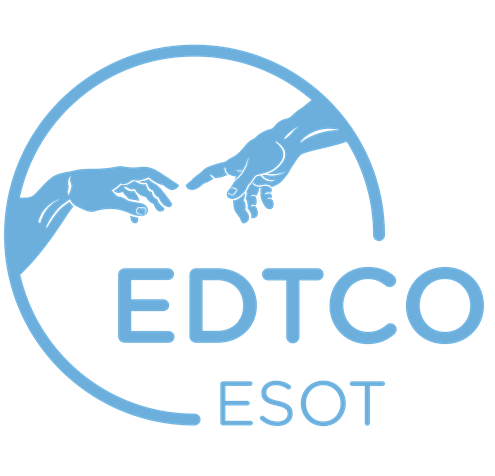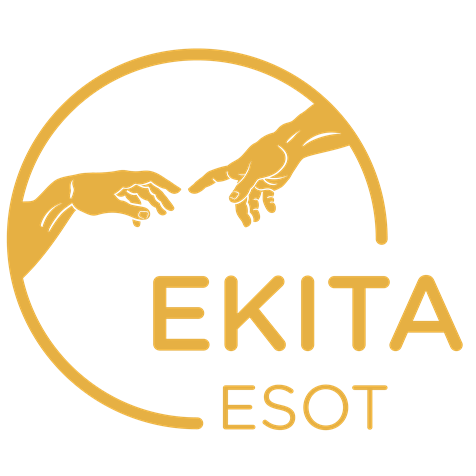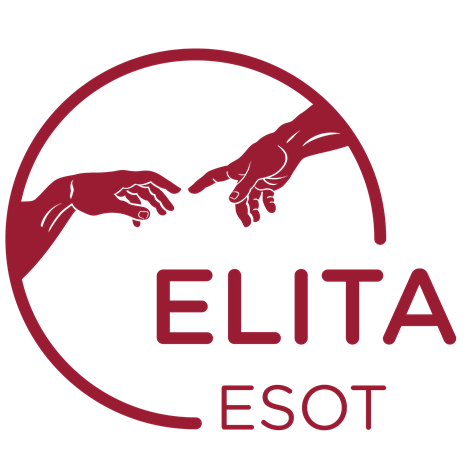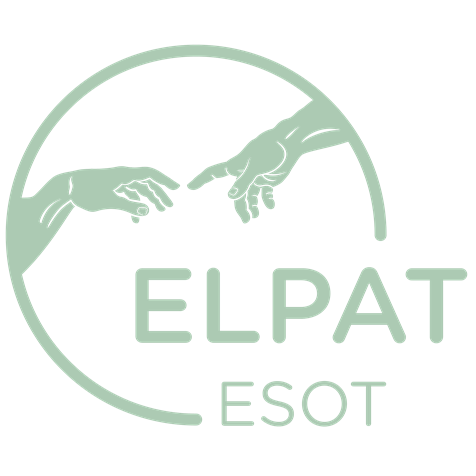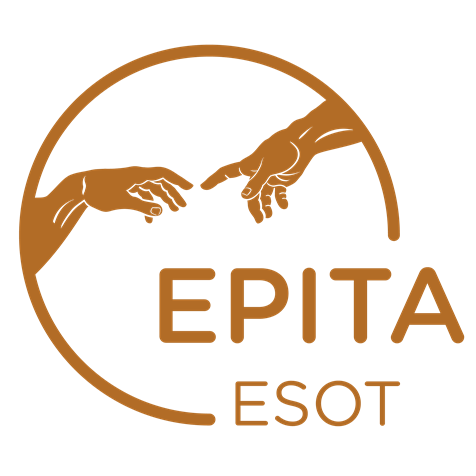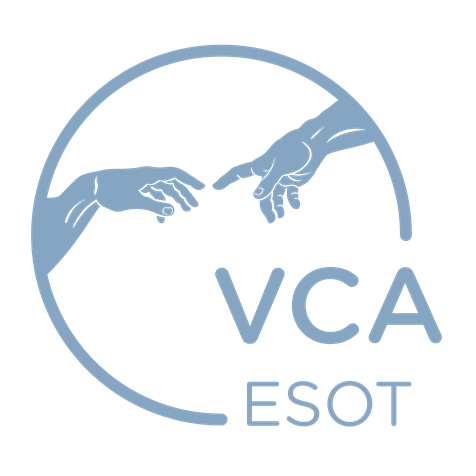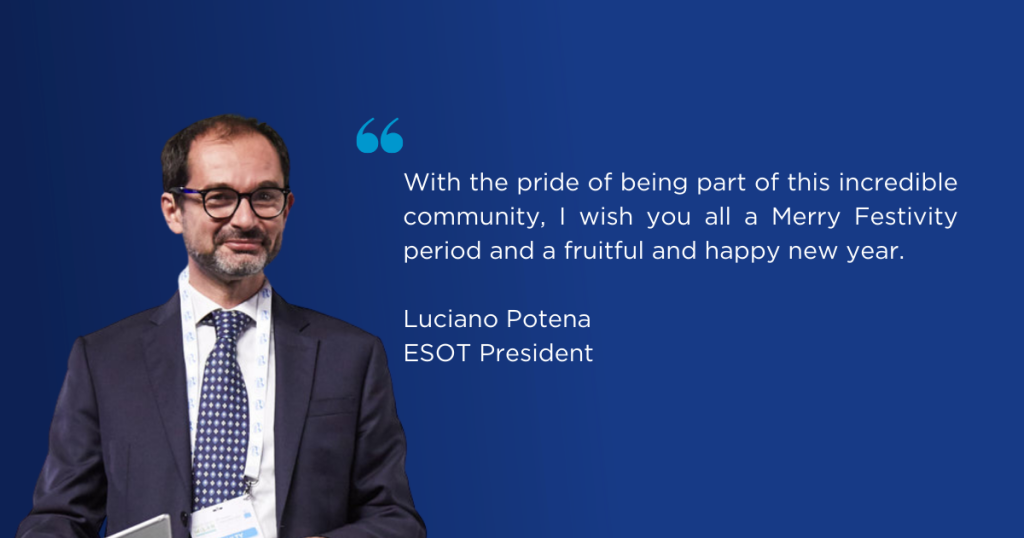Dear ESOT Members,
Dear Colleagues,
The end of 2022 is approaching, and I would like to take a moment to acknowledge the achievements of our community.
In 2022 ESOT achieved three significant milestones defining the refreshed Mission and Vision of our Society; from the development and launch of our Guidelines work disseminated through a new TLJ model (TLJ 3.0), the ESOT Manifesto publication, and the kick-off of BRAVEST, the first EU-funded scientific project led and coordinated by ESOT.
The TLJ 3.0 has been the climax of a process started in early 2022 with the institution of the guideline task force. This multidisciplinary group of professionals, representing the ESOT Council and Transplant International Editorial Board, coordinated nine working groups and framed the methodology to guide the production of ESOT scientific documents. After preparatory work of several months, at TLJ 3.0, more than 250 attendees from 27 countries joined us to achieve consensus on 168 statements and clinical practice recommendations that will be published in at least ten consensus papers/guidelines on Transplant International. This colossal community effort will shape the future clinical practice in transplantation.
The ESOT Manifesto is the tangible output of the call to action we launched at the Milan Congress 2021. Emerging from the COVID-19 darkest months, we highlighted widespread disparities relating to race, ethnicity, socio-economic status and place of residency, amplified by the pandemic. To celebrate ESOT’s 40th birthday, we designed a Think Tank to address inequalities in organ transplantation across Europe, primarily associated with access to treatment and HCP and patient education. The ultimate aim of the session was to attain a consensus on a set of recommendations and actions aimed at improving service delivery and sustainability in organ transplantation. These recommendations have been further developed and brought to the attention of the EU political agenda in a session we organised at the European Health Forum in Gastein. For the first time, ESOT is building the ambition to influence European policymakers to improve equity in access to transplants and high-quality post-transplant care.
BRAVEST is a EU4Health-funded project that includes major European Organ Procurement Organisations and Competent Authorities. By analysing the factors that have influenced the organ procurement processes before, during and after the onset of SARS-CoV2, we aim to gather the needed evidence to develop guidelines and propose sustainable, innovative actions directed at improving the resilience of the donation and transplant systems and networks, ultimately increasing the accessibility to transplantation for all patients with end-stage organ disease.
Along these milestones, we took advantage of the lower travel restrictions to resume ESOT’s in-person traditional educational and scientific meetings, including our education flagships, Hesperis and Academia, and a robust series of online events. Overall, ESOT organised ten in-person meetings and 12 webinars in 2022 that allowed the rebuilding of in-person networking and cultural exchange and the lasting dissemination of high-quality educational content.
All these activities allowed us to gather our community again and reframe the value of ESOT membership. Being an ESOT member is now not only a way to have a discount for participating in events but is being part of an inclusive, diverse and multidisciplinary community. Last year I invited all ESOT members to donate their time, knowledge and expertise to the development of ESOT. Now it’s time to thank you all for making it possible what we have achieved this year, for the first-line engagement with the development of scientific content, for supporting the development of grant, fellowship and mentorship opportunities, for supporting ESOT policy activities, and for enjoying the huge content available on Transplant Live, ESOT’s online education platform.
Our mission is centred on improving patients’ quality of life and outcomes. We cannot fulfil this mission without advocating for the right to access healthcare by standing firm on our values of cooperation, integration, and democracy. The Russian aggression to Ukraine undermines these values, and ESOT could not avoid taking a clear and firm position, which has been converted into action by hosting a delegation of Ukrainian transplant professionals at ESOT TLJ and by offering exchange grants (Sevda Hassan Study Scholarships) to young Ukrainian professionals. With the same strength, we cannot avoid expressing our support to the Iranian women and the men fighting for their freedom.
This year has marked a gearshift for our Society’s growth in terms of accountability, scientific solidity and international visibility. These achievements result from intense group work that has its root in the tremendous professionalism and commitment of the ESOT staff members guided by the new ESOT CEO Devi Mey. I am immensely grateful to Devi and her team for their support to ESOT leadership in guiding our Society.
Next year’s ESOT journey will be centred around the 21st ESOT Congress in Athens, 17 to 21 September 2023. Mark your calendars to join the disruptive innovation and trusted care that will be delivered in a terrific scientific programme. Send your best science to be presented in an unprecedented Agora. I do hope to see you all in Athens.
We travelled across many challenges in the last few years. Still, challenge and innovation are what the transplant community faces every day, from clinical practice to the bench of basic research. So, with the pride of being part of this incredible community, I wish you all a Merry Festivity period and a fruitful and happy new year.
Luciano Potena
ESOT President
#PoweredByESOT
